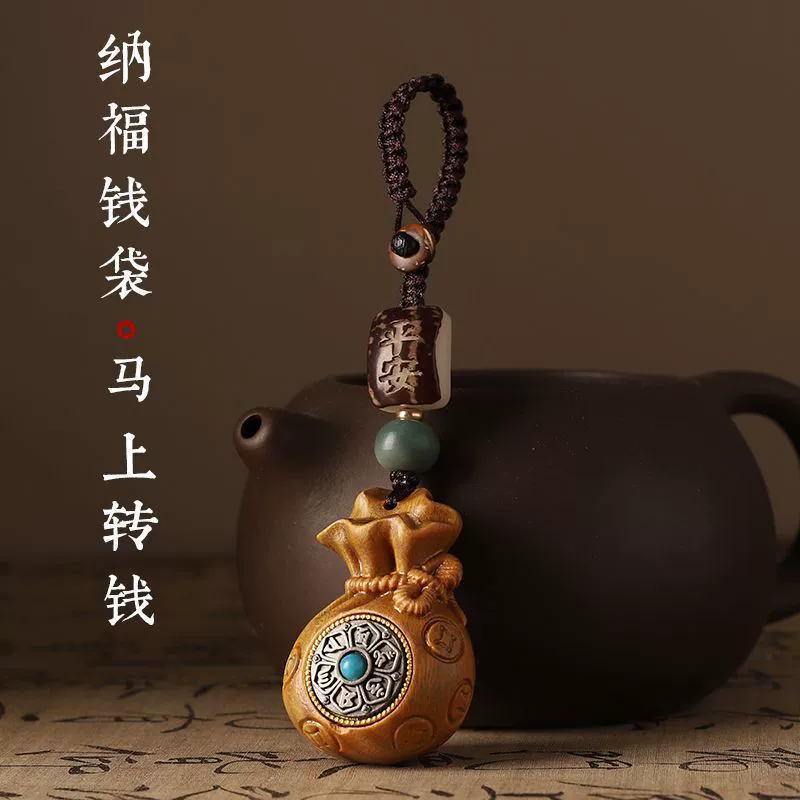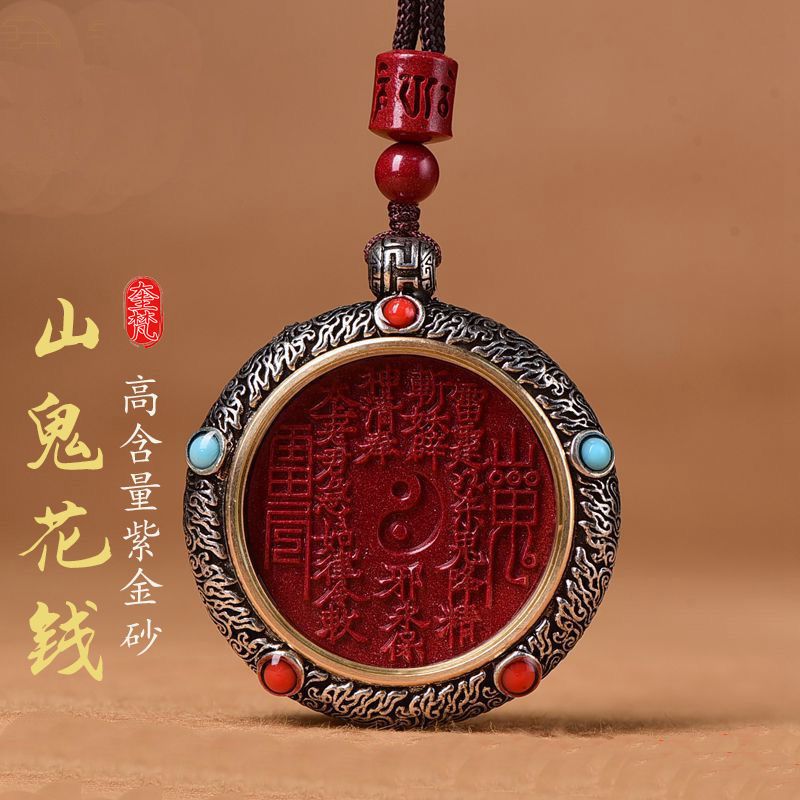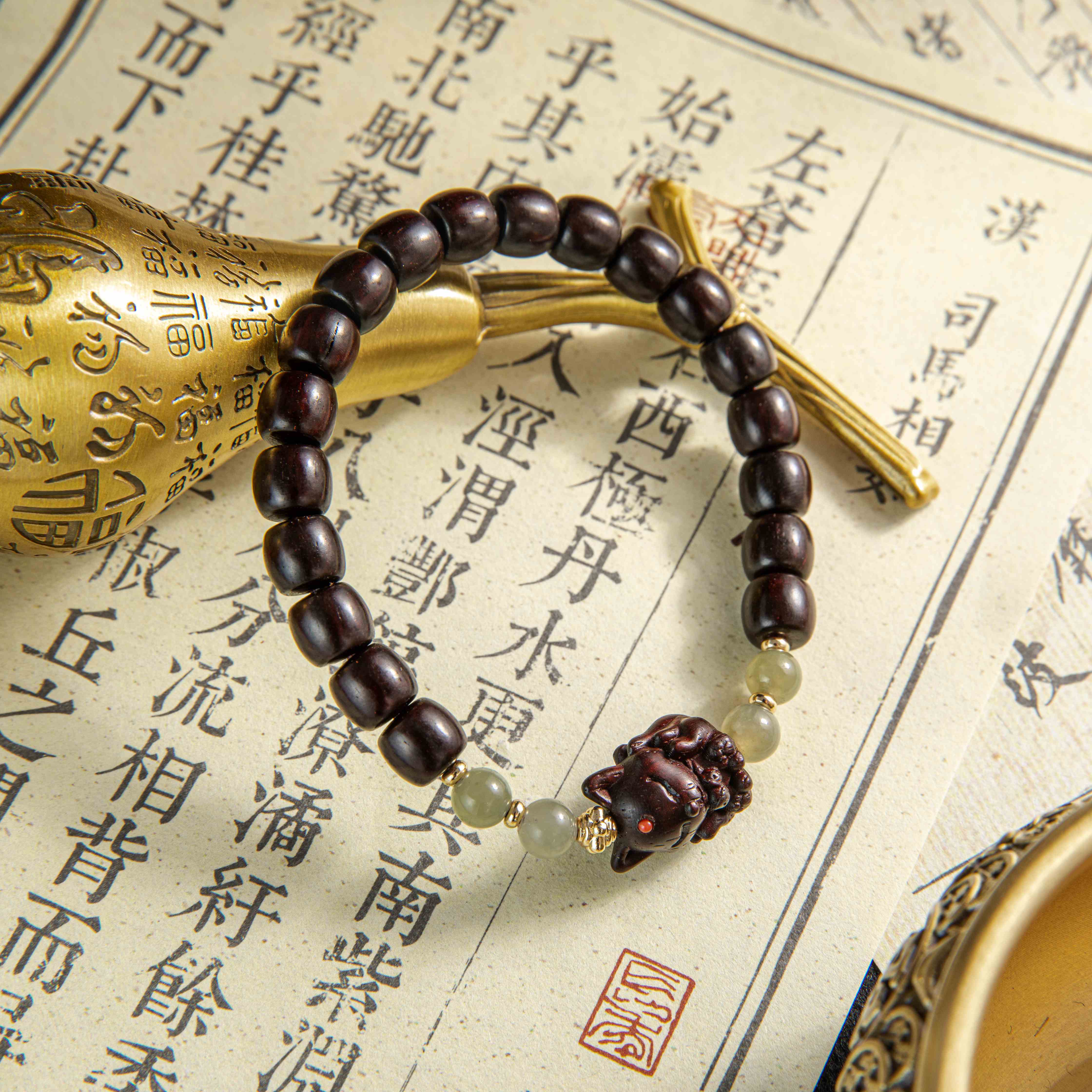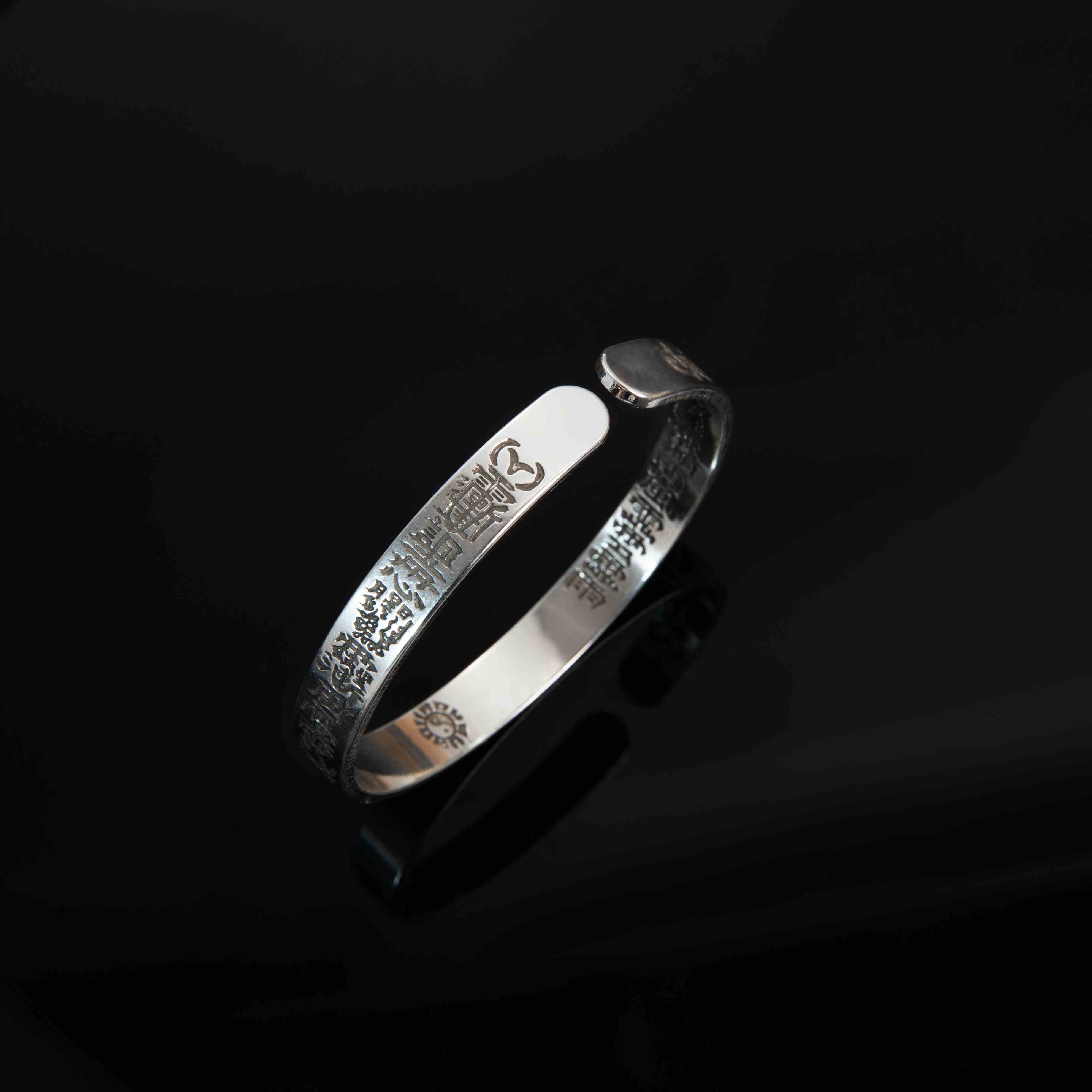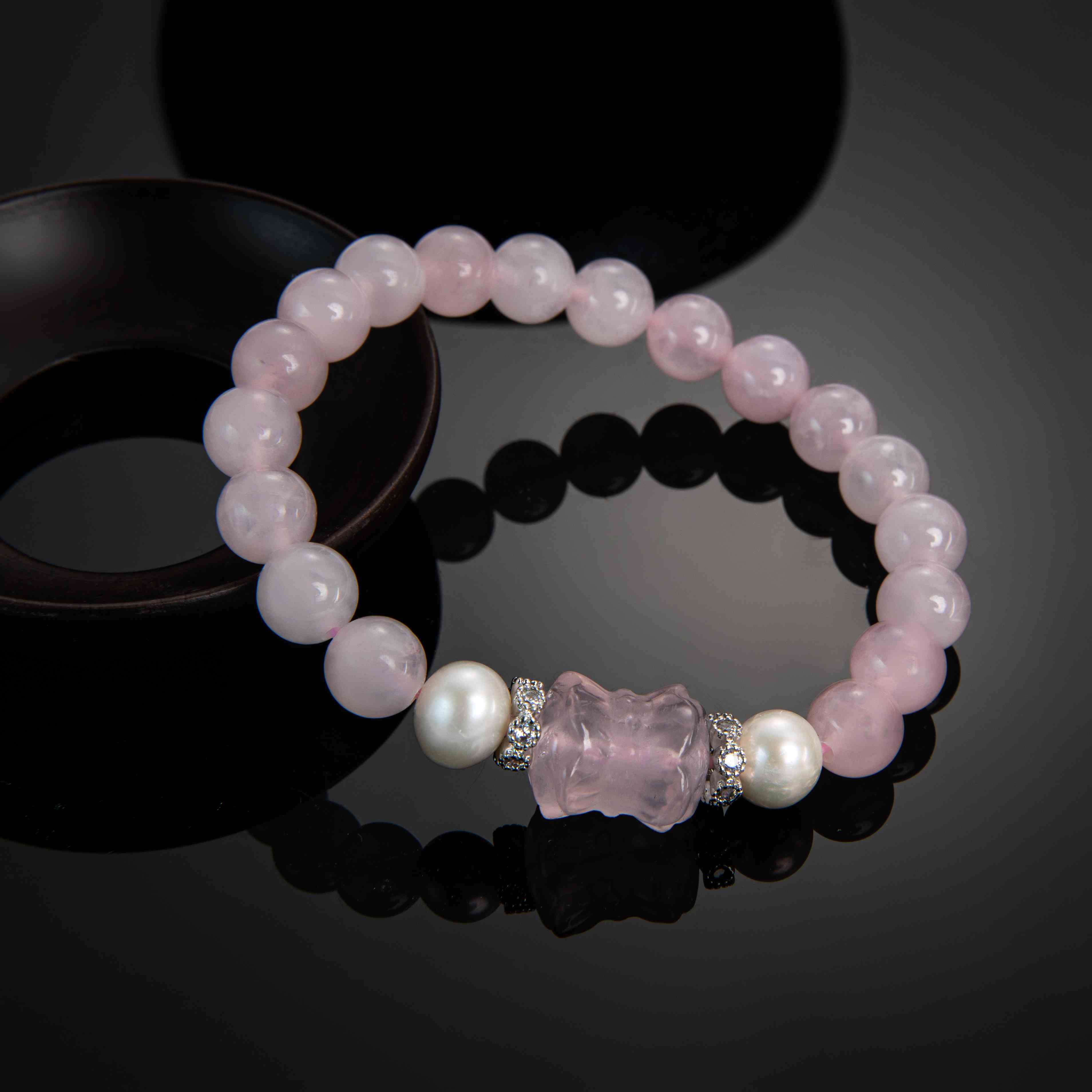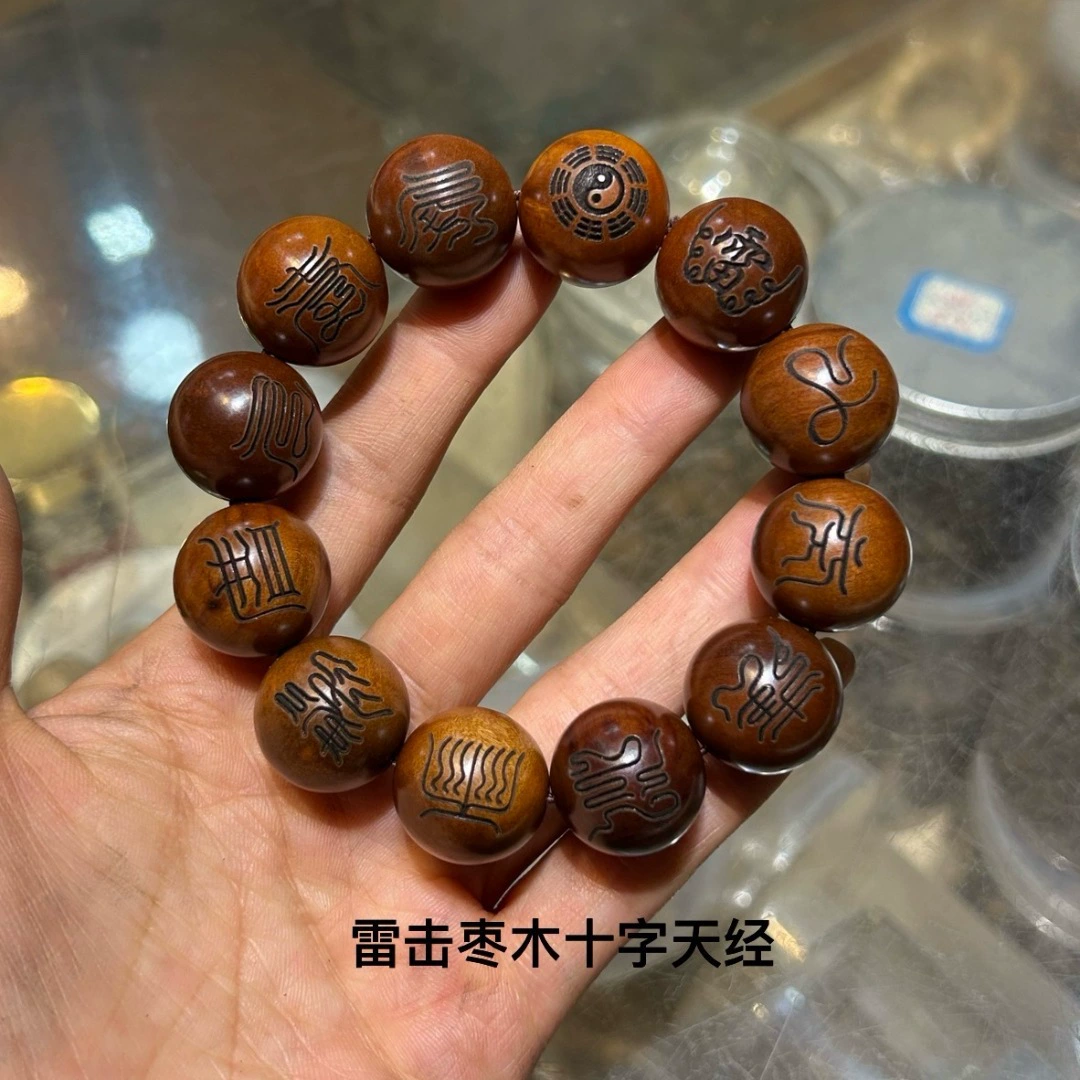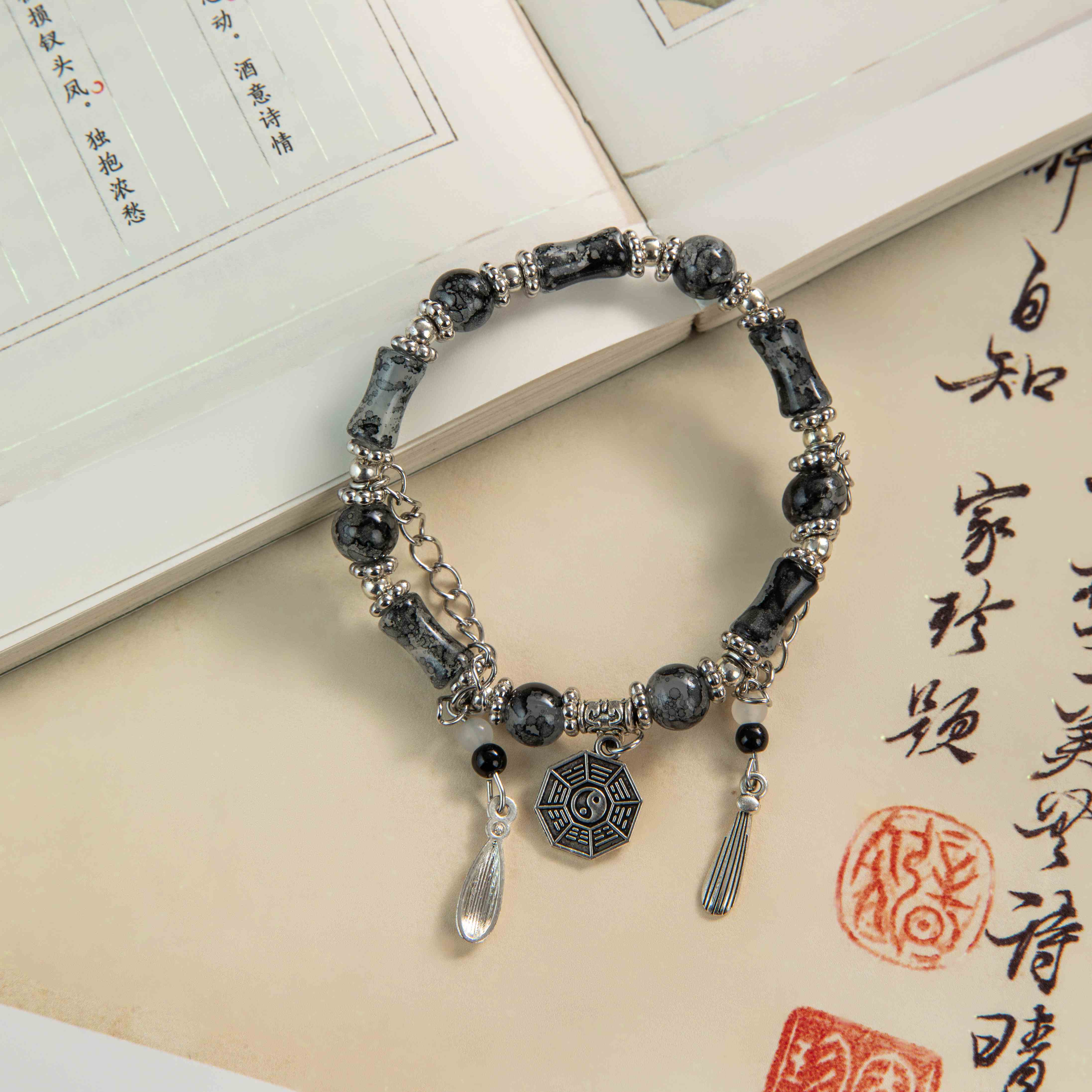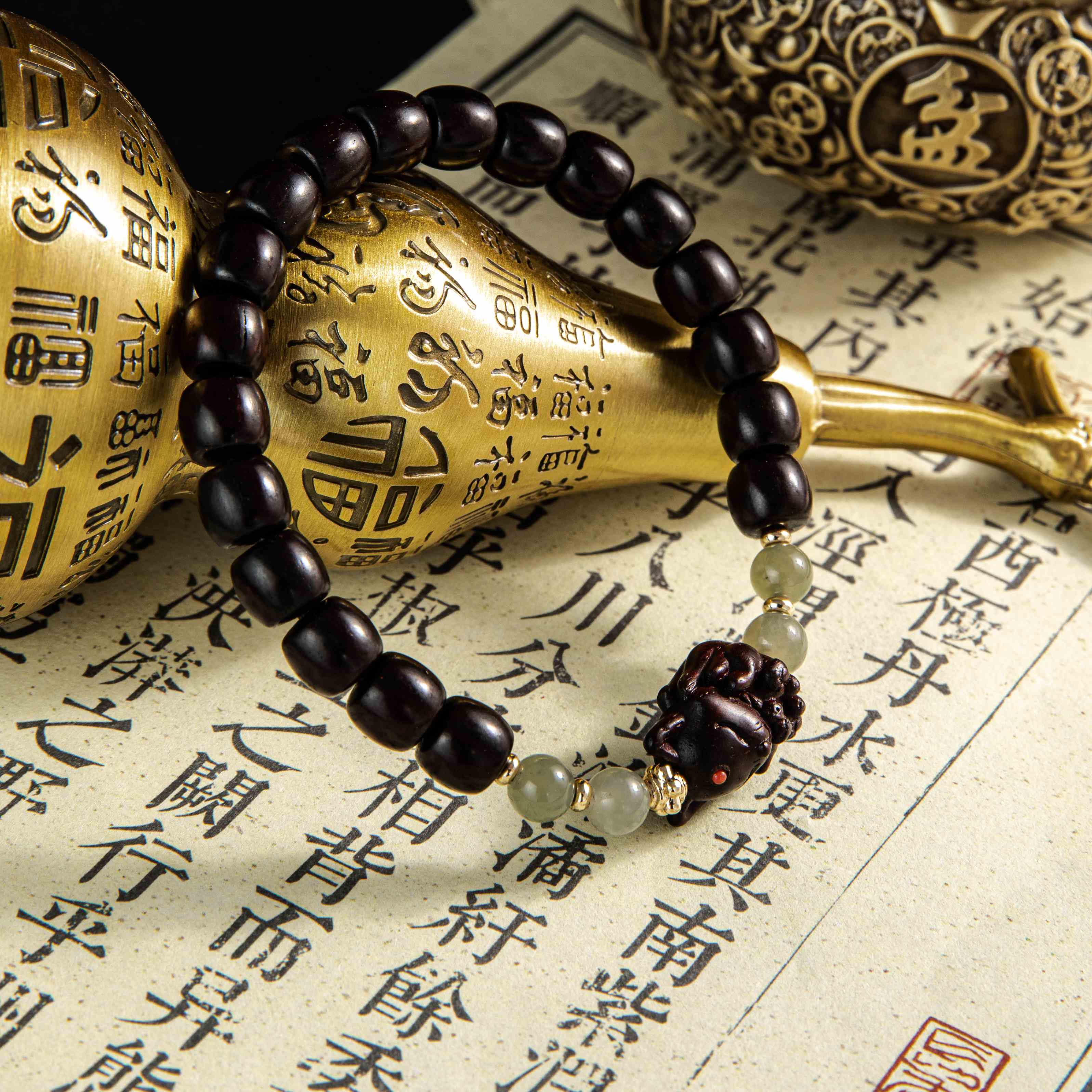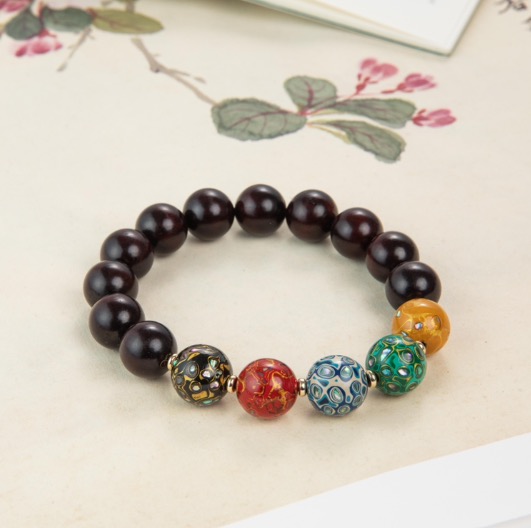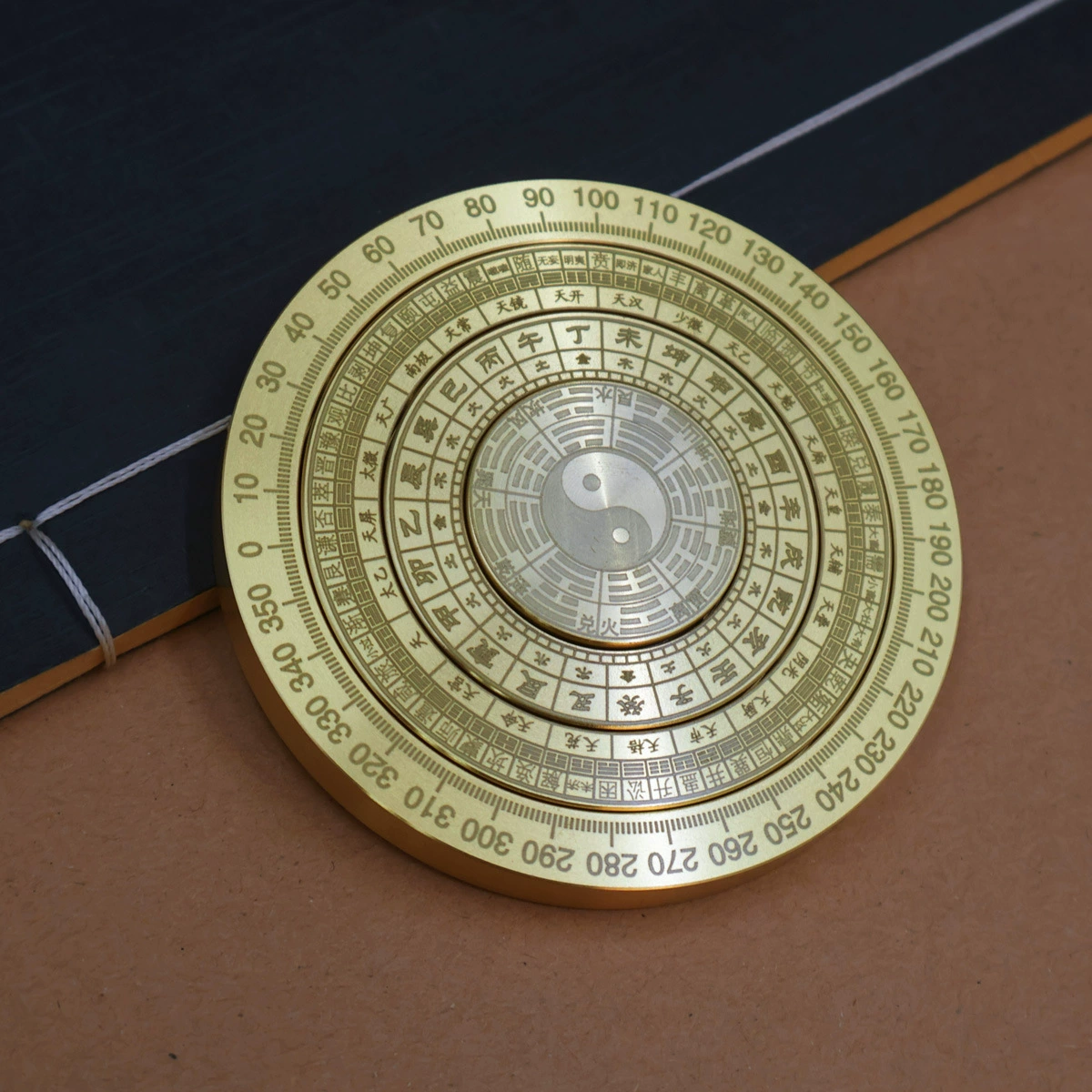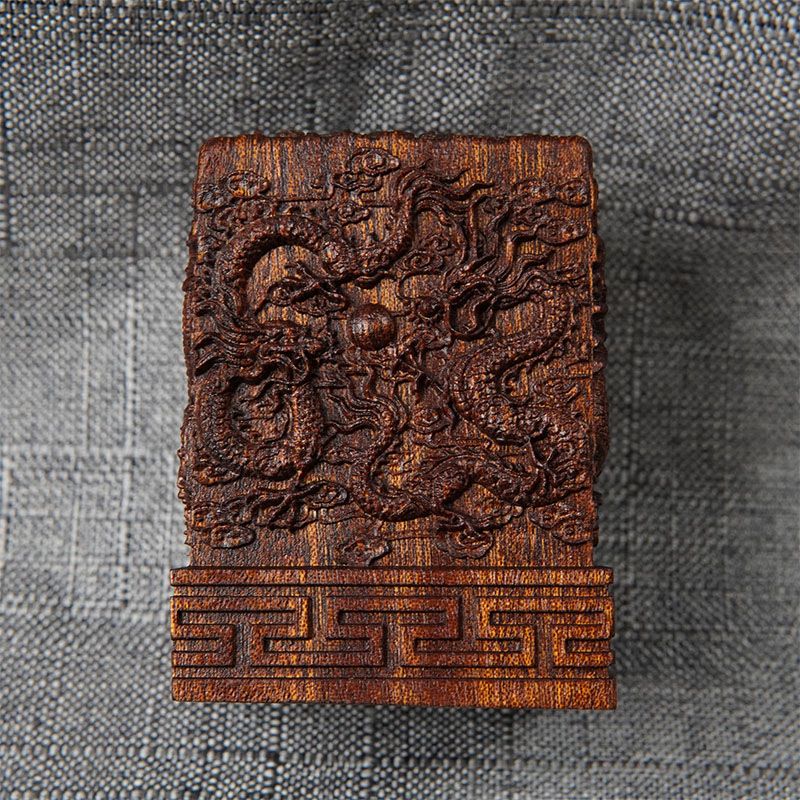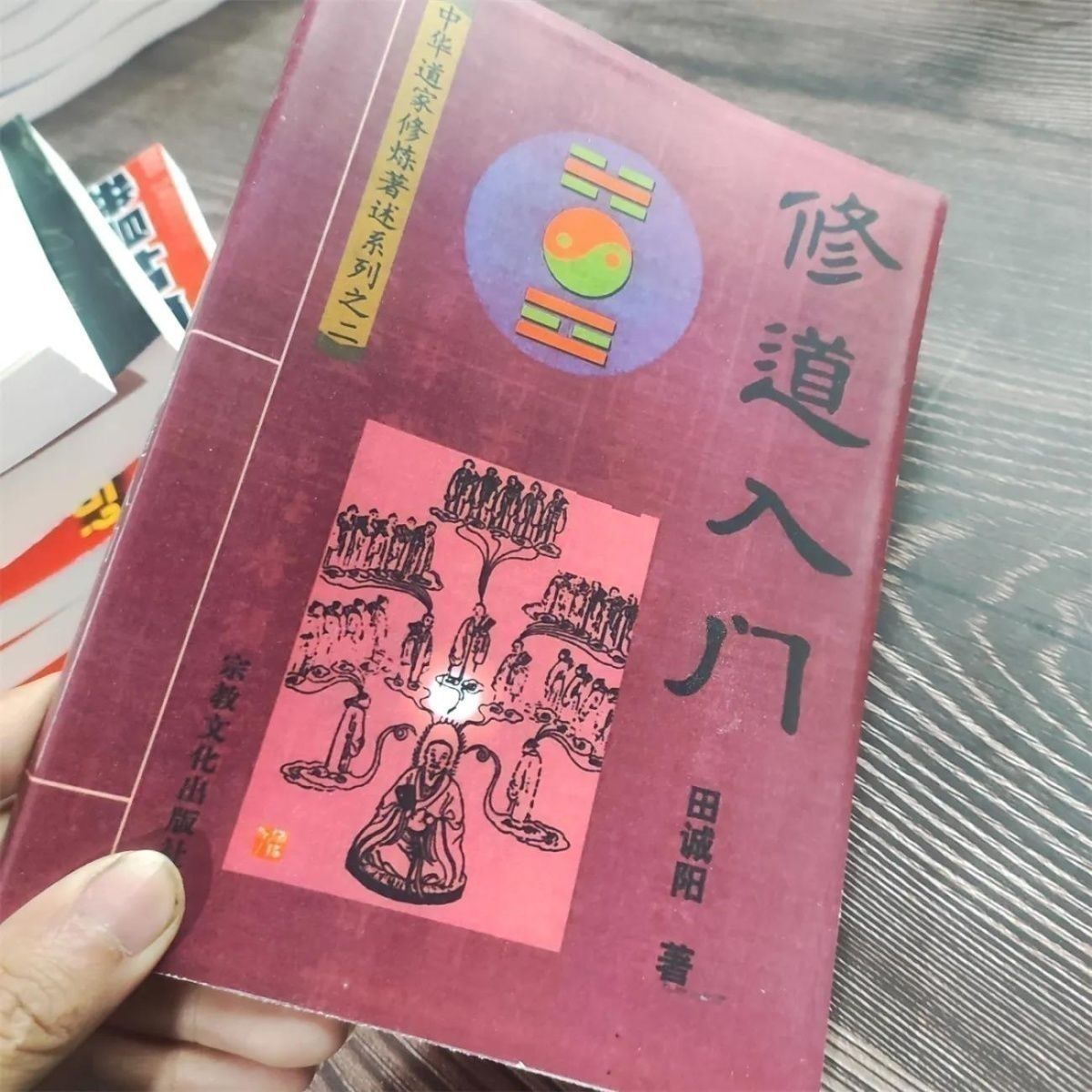A Study on the View of Life and Death in Pre-Qin Taoism: A Study Focused on Laozi and Zhuangzi
The Taoist view of life and death in the pre-Qin period can be seen mainly in the thought systems of Laozi and Zhuangzi. Laozi lived in an era of decline and decay in the Zhou Dynasty. He believed that the disorder of social order originated from the alienation between people and their own spiritual life, forgetting the preciousness of the innocence of inner life, and the great troubles of life arose from this. Laozi advocated that the way to resolve the fear of death is to find a way to get rid of it in the way of health preservation, and health preservation is to cultivate the virtue of self-nature, to transcend from the trap of desire by letting go of attachments, being empty and quiet, and returning to the pure and simple original nature of inner life. In this way, the understanding of life existence can be elevated from the obsession of the flesh to the management of the inner spirit. On the one hand, it can understand and guard the helpless limited life, and on the other hand, it opens up the infinity of human existence and reveals the value of self-existence. Zhuangzi's writings are filled with a great sense of sadness about life, which mainly comes from the ego of subjective life and the fate of objective existence. Zhuangzi uses the skills of "heart meditation" and "sitting and forgetting" to dissolve ego, transcend people's obsession with life and death, and be calm about everything in life and adapt to life. He stands upright as the subject of himself between heaven and earth, and responds to everything in the world and the matter of life and death with an attitude of neither accepting nor accepting. Regarding fate, Zhuangzi advocates "being content with time and being at ease." He understands that the coming and going of life is the gathering and dispersion of qi, and that life and death are actually just accidental results of the great flow of changes. Everything is natural. There is no need to be happy about the human form, nor to worry about the disappearance of the human form. Look at life from a natural perspective, learn to live well, and also to die well, so that you don't need to be happy when you live, and don't need to be sad when you die, and just go with the flow. From Laozi to Zhuangzi, the basic attitude of Taoism to look at life and death with ease and openness was established, and at the same time, the existence of individual life was increasingly cherished. Zhuangzi enriched the personal life realm of Taoism. The wisdom of life and death of Laozi and Zhuangzi is based on the use of the subject in the present life. People return to their true nature in the present life and find a place to settle down in accordance with nature. The resolution of the fear of death is not in the paradise on the other side, but in the present life on this side. This is the result of looking at life with humanistic rational thinking. This rational thinking can be traced back to the concept of "the unity of life" in ancient mythology and religion. In addition to Laozi and Zhuangzi, another branch of pre-Qin Taoism that focuses on the development of realistic society, the tool-type Taoism (Wenzi and Guanzi), is lacking in the thinking of life and death. The fundamental difference between the Confucian and Taoist views on life and death lies in the different interpretations of the "Tao" in their respective thought systems, which is the solution to the problem of existence. The Confucian Way is the Way of Benevolence, while the Taoist Way is the Way of Nature; Confucianism emphasizes the establishment of moral life, while Taoism emphasizes the value of non-standard life. Therefore, Confucianism emphasizes innovation and progress, while Taoism emphasizes the restoration and preservation of self-nature. This is how the two schools judge their views on life and death. However, both Confucianism and Taoism present the unique "eternal" thinking in Chinese philosophy. All the pain and sins in life are in the experience of one's own life, and the attitude of looking back to oneself can resolve the suffering. The rational thinking of Confucianism and Taoism in the face of life and death both regards this worldly life as the field for realizing happiness in life, and constantly realizes the highest meaning and value of life through the practice of human existence. This is the advantage of Chinese philosophy among the world's major life and death wisdom.
